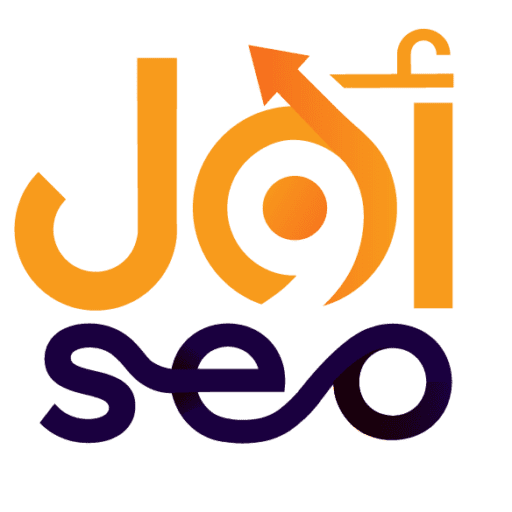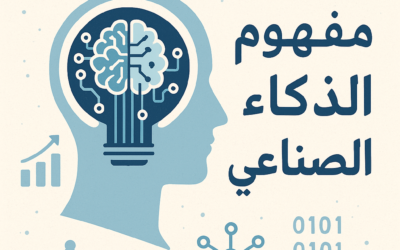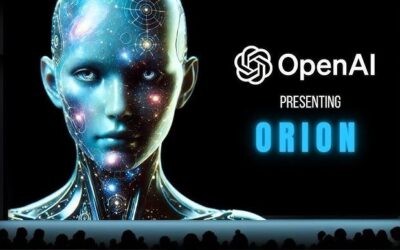Introduction to AI in SEO
The digital landscape is evolving at breakneck speed, and at the forefront of this transformation stands Artificial Intelligence (AI). AI’s impact on search engine optimization (SEO) has been nothing short of revolutionary, reshaping how we approach keyword research, content creation, and performance analysis. By leveraging machine learning and sophisticated algorithms, we have unlocked new levels of insight into user behavior, enabling us to craft strategies that are both data-driven and user-centric.
In modern SEO, AI tools have become indispensable. They not only automate repetitive tasks—such as keyword tracking and backlink audits—but also refine our decision-making processes by analyzing vast datasets in seconds. As we integrate AI into our workflows, we witness improvements in efficiency, accuracy, and ultimately, rankings. Whether we’re optimizing meta tags or generating content briefs, AI empowers us to move beyond guesswork toward precision-driven tactics.
Throughout this article, we’ll explore primary keywords like *AI in SEO* and secondary keywords such as *machine learning* and *search engine algorithms*. We’ll examine how these terms play into every stage of our optimization efforts and offer visual context to reinforce our shared understanding.

Understanding AI and Its Role in SEO
At its core, Artificial Intelligence refers to systems capable of performing tasks that typically require human intelligence—recognition, decision-making, and pattern detection. In the realm of SEO, AI manifests through algorithms that interpret vast amounts of data to rank pages, personalize search results, and identify emerging trends. From predictive modeling to natural language processing, AI applications span the full spectrum of optimization activities.
Search engines such as Google harness AI to refine their ranking criteria. By continuously training on user interaction data, they learn which pages satisfy queries most effectively. This feedback loop allows AI to enhance existing algorithms, resulting in more relevant search results and a deeper understanding of intent.
AI Algorithms and Search Engines
AI-driven algorithms analyze multiple signals—click-through rates, dwell time, and backlink quality—to determine content relevance. Through machine learning, these algorithms adjust weightings in real time, reducing reliance on manual updates. As a result, SEO professionals can focus on strategic initiatives rather than constant algorithm monitoring.
Moreover, advancements in deep learning enable search engines to process natural language queries more effectively, bringing semantic analysis and topic modeling into play. This evolution means that our content must not only include target keywords but also address related concepts and user intent holistically.
Benefits of AI in SEO
Incorporating AI into SEO workflows delivers multiple advantages:
- Efficiency Improvements: Automated audits and reporting free up time for strategic work.
- Accuracy in Analysis: AI reduces human error by handling large datasets consistently.
- Data-Driven Decisions: Predictive analytics forecast trends, helping us allocate resources effectively.
By embracing these benefits, we position our teams to respond swiftly to algorithm updates and user behavior shifts, ensuring our SEO strategies remain agile and results-oriented.
Top AI Tools for SEO
Selecting the right AI-powered tool is crucial for streamlining our SEO efforts. Below, we present a curated list of top platforms that leverage artificial intelligence to enhance research, content, and performance analysis.
Tool 1: SEMrush
SEMrush integrates AI to automate keyword research, backlink audits, and competitive analysis. Its Keyword Magic Tool suggests semantically related terms, while its Position Tracking feature uses machine learning to predict ranking fluctuations. By centralizing insights into a single dashboard, SEMrush empowers us to identify gaps, monitor trends, and optimize content with precision.
Tool 2: Ahrefs
Ahrefs is renowned for its extensive backlink database and advanced AI capabilities. The tool’s Site Explorer employs deep learning to reveal link-building opportunities and uncover competitor strategies. Additionally, Ahrefs’ Content Explorer uses natural language processing to surface high-performing topics and gauge content potential before publication.
Tool 3: Moz
Moz combines AI-driven metrics like Domain Authority with page-level insights to guide our optimization efforts. Moz’s Keyword Explorer offers difficulty scores powered by machine learning, while its On-Page Grader analyzes HTML and semantic relevance to provide actionable recommendations. This holistic approach ensures we address both technical and content-related SEO factors.

| Feature | SEMrush | Ahrefs | Moz |
|---|---|---|---|
| Keyword Research | AI-driven suggestions, Keyword Magic | Content Explorer, search volume analytics | Keyword difficulty scoring |
| Backlink Analysis | Comprehensive backlink audit | Extensive link database | Link Explorer metrics |
| Rank Tracking | Position Tracking with forecasts | Mobile & desktop rank monitoring | Customizable rank reports |
| Content Optimization | SEO Content Template | Content gap analysis | On-Page Grader |
Case Studies: AI in Action
To illustrate the transformative power of AI in SEO, we examine real-world examples where businesses leveraged AI tools to achieve remarkable improvements in search visibility and traffic.
Case Study 1: E-commerce
An online retailer specializing in apparel saw stagnant organic traffic despite frequent content updates. By integrating an AI-driven keyword tool, the retailer restructured its category pages around high-intent long-tail phrases. The machine learning model suggested product descriptors aligned with user queries, leading to a 35% increase in organic sessions and a 20% boost in conversion rate within three months. We observed that predictive analytics guided inventory-focused content, ensuring timely promotion of bestselling items.
Case Study 2: Content Marketing
A B2B technology firm struggled with low engagement on its blog. Utilizing an AI-powered content optimization platform, the firm analyzed top-performing industry articles, identified topic clusters, and refined its editorial calendar. Natural language processing algorithms recommended headings and subtopics that resonated with decision-makers. As a result, time-on-page increased by 50%, and lead generation from organic traffic doubled over a quarter.

“AI has fundamentally changed how we approach SEO—data-driven insights help us stay ahead of trends.” – SEO Director, Global E-commerce Brand
“By partnering AI with our content strategy, we’ve consistently outperformed competitors in organic search.” – Head of Content, Tech Solutions Inc.
Challenges and Limitations of AI in SEO
While AI affords significant benefits, it also introduces complexities and potential downsides. Being aware of these challenges ensures we approach AI integration thoughtfully and responsibly.
Technical Challenges
Adopting AI tools often requires seamless integration with existing platforms, which can be technically demanding. Data silos and incompatible APIs may hinder real-time analysis. Additionally, smaller teams might lack the in-house expertise to fine-tune AI models, leading to suboptimal recommendations or misinterpretation of insights.
Ethical Concerns
AI systems rely on large datasets, raising data privacy and security considerations. Using user data to train algorithms must comply with regulations such as GDPR and CCPA. Moreover, inherent biases in training data can skew results, promoting certain pages unfairly. We must vigilantly audit AI outputs to detect bias and ensure transparency in our SEO processes.

Future of AI in SEO
Looking ahead, we anticipate AI will become even more deeply embedded within search engines and optimization workflows. Emerging technologies such as generative AI and advanced natural language models will accelerate content creation and personalization, delivering hyper-relevant experiences at scale. As voice search, visual search, and multimodal interfaces gain traction, AI’s role in interpreting varied query formats will be crucial.
AI Innovations
New tools leveraging transformer-based architectures promise to generate topic outlines, meta descriptions, and even full-length articles with minimal human intervention. These systems will likely incorporate real-time SERP analysis, enabling dynamic content adjustments based on performance signals.
Long-term Impact
Over time, AI will redefine the SEO skillset, prioritizing data science proficiency alongside traditional copywriting and technical expertise. As we harness AI for strategic decision-making, we’ll witness a shift from manual optimizations toward continuous, AI-driven experimentation and learning.

Conclusion and Recommendations
Throughout this exploration, we’ve seen how AI transforms SEO by automating tasks, enhancing accuracy, and unlocking deeper insights. From leveraging machine learning for keyword research to using natural language processing for content optimization, AI equips us to meet user needs with unprecedented precision. While challenges around technical integration and ethical considerations remain, they are surmountable with proper governance and collaboration.
To integrate AI effectively, we recommend:
- Investing in training for team members on AI tools and data interpretation.
- Implementing robust data privacy and bias-monitoring frameworks.
- Starting with pilot projects to measure ROI before scaling.
- Fostering cross-functional collaboration between SEO, data science, and IT teams.

Additional Resources and References
- “The AI-Driven SEO Playbook” by Search Engine Journal
- Google’s AI Principles and Research
- “Machine Learning for Marketing” by Wiley
- Semrush Academy: AI in SEO Courses
- Ahrefs Blog: Data-Driven SEO Studies
- Smith, J. (2022). “AI and Search: Trends and Forecasts.” Journal of Digital Marketing.
- Lee, A. (2021). “Ethics in AI: Implications for SEO.” Online Marketing Review.




